In the intricate world of employment law, workplace investigations stand as a cornerstone of maintaining a harmonious and fair work environment.
For HR professionals, especially those in government and the private sector, the task of conducting these investigations is both a privilege and a challenge. The challenge? Ensuring that personal biases and relationships do not cloud the investigative process.
The Importance of Impartiality
Impartiality is the bedrock of any workplace investigation. When HR professionals are tasked with investigating a matter, they are entrusted with the responsibility of delivering a fair and unbiased report. This is crucial not just for the parties involved but for the overall integrity of the organization.
However, in many organizations, especially close-knit ones, HR professionals often have established relationships with staff members. These relationships can sometimes inadvertently influence the outcome of an investigation.
The Dangers of Bias
Misinterpretation of Facts
Personal biases can cause an investigator to give undue weight to certain pieces of evidence while overlooking others.
Scenario:
Let’s consider a hypothetical situation involving an HR professional named Sarah. Sarah has been tasked with investigating a complaint of workplace theft.
The accused, Mark, is someone Sarah has known for years and often socializes with outside of work. During the investigation, CCTV footage surfaces showing a figure resembling Mark near the location of the theft. However, another piece of evidence, a timestamped email, provides Mark with a potential alibi, indicating he was at his desk during the time of the incident.
Due to her personal relationship with Mark, Sarah might unconsciously emphasize the email as definitive proof of his innocence, while downplaying the significance of the CCTV footage.
This bias could lead to Mark being prematurely exonerated without a thorough examination of all available evidence.
Consequences:
If later on, it’s revealed that Mark was indeed involved in the theft and the investigation was flawed due to Sarah’s bias, it could have several repercussions or legal challenges:
Damage to Reputation
If an investigation is perceived as biased, it can tarnish the reputation of the HR department and the organization as a whole.
Scenario:
Imagine a large tech company where an employee, Lisa, files a complaint against a senior executive, Mr. Thompson, alleging workplace harassment.
The HR investigator assigned to the case, James, has previously worked closely with Mr. Thompson on several projects and holds him in high regard.
Throughout the investigation, James consistently communicates with Mr. Thompson informally, seeking his side of the story, while Lisa’s concerns are addressed more formally and with less frequency.
Word spreads throughout the company about the perceived favoritism in the investigation process.
Despite genuine evidence supporting Lisa’s claims, James’s report minimizes the allegations and recommends no significant action against Mr. Thompson.
Consequences:
The fallout from such a perceived biased investigation can be vast:
Legal Repercussions
In Canada, a biased investigation can lead to legal challenges.
Scenario:
At a prominent Canadian healthcare institution, a nurse named Emily reports a case of racial discrimination by her supervisor, Dr. Roberts.
The HR investigator, Claire, has had a long-standing professional relationship with Dr. Roberts and has collaborated with him on several institutional projects. During the investigation, Claire fails to interview key witnesses who could corroborate Emily’s claims and doesn’t thoroughly review all the evidence presented.
Based on her findings, Claire concludes that there isn’t enough evidence to support Emily’s claims. Feeling that the investigation was not conducted fairly and that her concerns were dismissed due to Claire’s relationship with Dr. Roberts, Emily decides to seek legal recourse.
Consequences:
The implications of a legal challenge stemming from a perceived biased investigation can be multifaceted:
Tips for Maintaining Objectivity
- Third-Party Investigators: Consider contracting unbiased third parties, like Dorian Persaud and his team, who specialize in workplace investigations. Their external perspective can provide a fresh and unbiased view of the situation.
- Continuous Training: Regularly partake in both free educational webinars and paid courses that focus on eliminating bias from investigations.
- Self-awareness: Recognize and acknowledge your biases. Being aware of them is the first step in ensuring they don’t influence your decisions.
- Documentation: Maintain meticulous records of every step of the investigation. This not only ensures transparency but also provides a reference point should the investigation be questioned.
Conclusion
In the realm of employment law, the stakes are high. For HR professionals, the responsibility of conducting unbiased investigations is paramount. By recognizing the challenges and actively working to overcome them, HR professionals can ensure that every investigation they conduct is fair, thorough, and beyond reproach.
For those in Canada seeking expertise in workplace investigations, Dorian Persaud and his team offer unparalleled experience and knowledge. With a commitment to education and fairness, they stand as a beacon for HR professionals navigating the complexities of workplace investigations.




